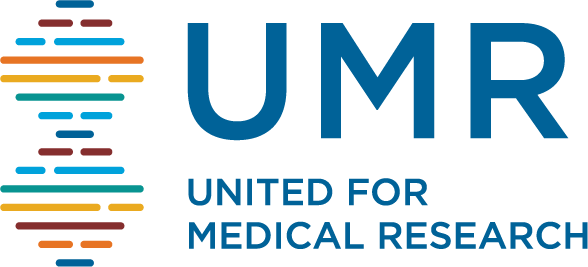May 5, 2022
On May 5, 2022, UMR wrote to Appropriations Subcommittee on Labor, Health and Human Services, Education and Related Agencies (“Labor-HHS”) Chairs, Sen. Patty Murray and Rep. Rosa DeLauro, and Ranking Members, Sen. Roy Blunt and Rep. Tom Cole, urging for an increase of at least a $3.5 billion to the base budget of the National Institutes of Health within the fiscal year 2023 appropriations bill.
The letter states:
“To continue breaking new ground on pandemic preparedness, find cures for our most vexing diseases, and maintain NIH’s place as the world’s premier biomedical research agency, we urge the Labor-HHS subcommittee to provide an increase to the agency’s base budget of $3.5 billion for FY 2023.
America and the world have endured an extremely difficult few years with COVID-19. But thanks to NIH-supported foundational research conducted years ago on messenger RNA, the spike protein and even the Human Genome Project, our biomedical research community unleashed the stunningly rapid development of highly effective COVID-19 vaccines. With robust and sustainable funding today, NIH will once again help drive the foundational research necessary to fight emerging infectious threats and the next pandemic.”
